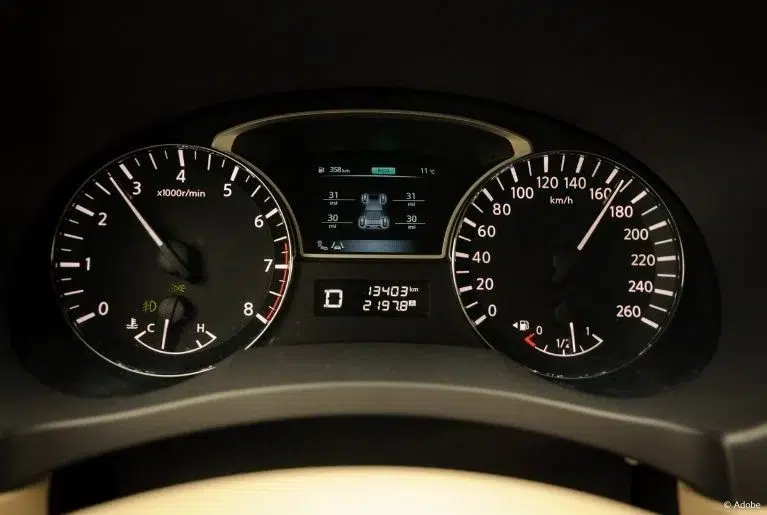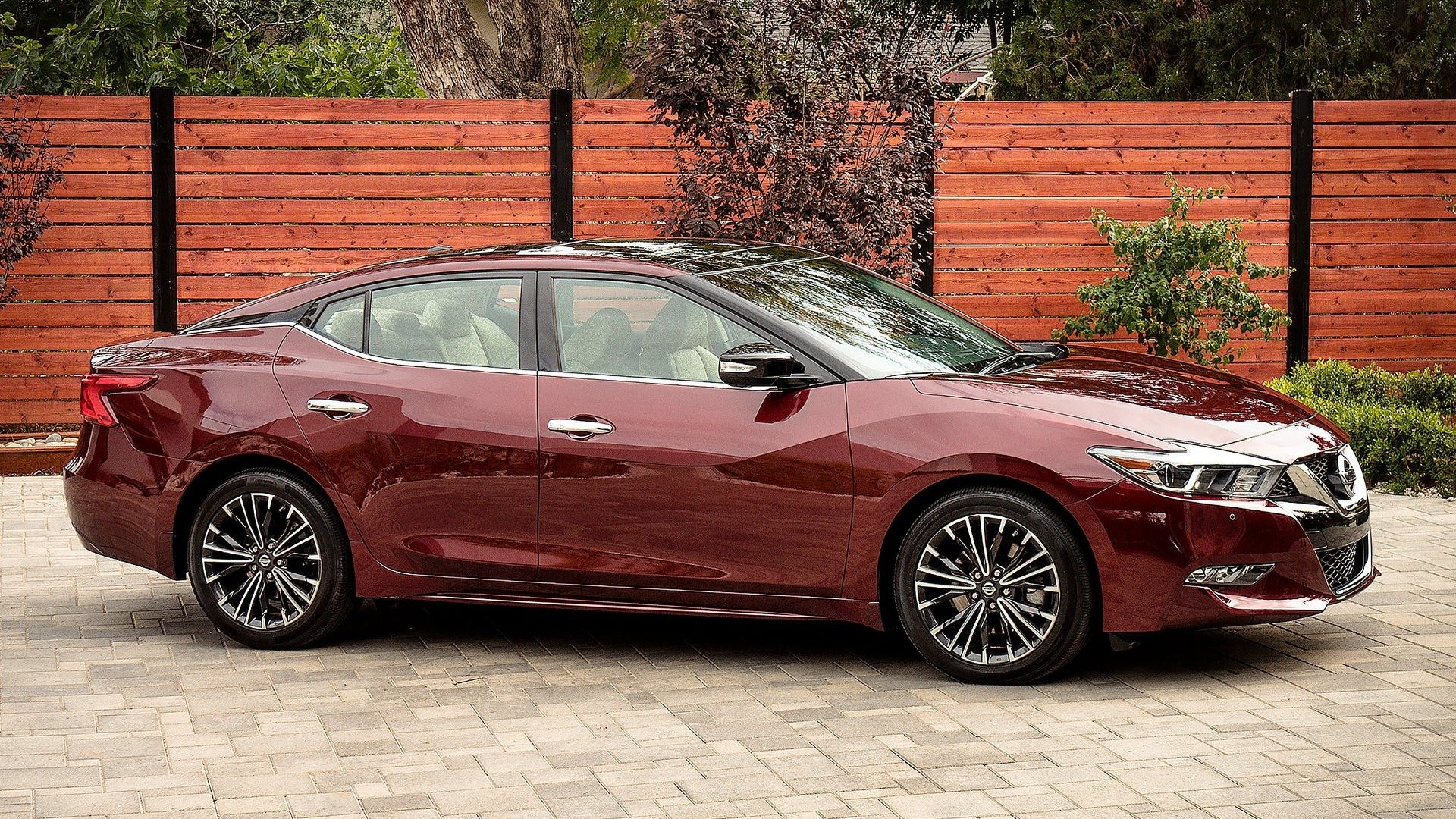Electric Car vs Gas Car: Which One Is Right for You? as the world increasingly shifts towards sustainable solutions, the decision to choose between an electric car vs gas car becomes more prominent. While the automobile industry has traditionally been dominated by gas-powered vehicles, the rise of electric cars has sparked a revolution in the way we think about transportation. Both options come with their own set of advantages and challenges, making the decision a bit more complex than just a simple preference. In this article, we’ll explore the differences between electric car vs gas car in terms of performance, cost, environmental impact, convenience, and more, to help you make an informed decision on which vehicle suits your lifestyle and values.

1. Environmental Impact: Choosing the Greener Option
One of the primary reasons people are considering an electric car vs gas car is the environmental impact. Traditional gas cars are notorious for their contribution to pollution, while electric vehicles (EVs) promise a cleaner alternative. But how much of a difference does driving an EV really make?
Gas Cars: The Pollution Culprits
Gas-powered cars run on internal combustion engines, which burn fossil fuels to generate power. This process emits carbon dioxide (CO2), a greenhouse gas responsible for climate change. In addition to CO2, gas cars also produce other pollutants like nitrogen oxides and particulate matter, which contribute to smog and poor air quality. These emissions harm both human health and the planet, making gas cars a significant environmental burden.
Electric Cars: A Cleaner Alternative
In contrast, electric cars produce zero tailpipe emissions. This means that driving an EV does not directly release pollutants into the air. However, it’s important to note that the environmental benefits of an electric car also depend on how the electricity that powers the vehicle is generated. If your grid relies on renewable energy like wind or solar power, your carbon footprint is significantly reduced. Conversely, if the grid is powered by coal or other fossil fuels, the environmental impact may be less impressive, although still generally better than that of a gas car.
In the electric car vs gas car debate, EVs clearly come out on top when it comes to reducing air pollution and greenhouse gas emissions, especially as the world increasingly shifts to cleaner energy sources.
2. Cost of Ownership: Breaking Down the Numbers
When choosing between an electric car vs gas car, the initial price tag is often a key consideration. Gas cars have long been the cheaper option up front, but electric vehicles are becoming more affordable with advancements in technology and government incentives. Let’s break down the total cost of ownership.
Gas Cars: Traditional Costs
Gas-powered cars generally have a lower purchase price, but they come with higher long-term costs. Not only do you have to fill up the gas tank regularly, but gas cars also require more maintenance. Oil changes, exhaust system repairs, and engine work are just a few examples of ongoing expenses. Over time, these costs can add up quickly, making gas cars a more expensive option in the long run.
Electric Cars: Higher Initial Costs, Lower Ongoing Expenses
The biggest downside of electric cars is the higher upfront cost. EVs are typically more expensive than their gas-powered counterparts due to the cost of the battery and advanced technology. However, electric cars offer substantial savings in maintenance. With fewer moving parts and no need for oil changes, repairs tend to be less frequent and less expensive.
Additionally, electric cars are cheaper to fuel. The cost of electricity is significantly lower than gasoline, and with the right charging plan, EV owners can enjoy significant savings. Government incentives, rebates, and tax credits also help offset the initial price of electric cars, making them more affordable than ever.
In the electric car vs gas car cost comparison, EVs generally offer lower lifetime costs, though they do come with a steeper upfront investment.
3. Performance and Driving Experience: Which Is More Fun to Drive?
For many drivers, the driving experience is the most important factor when considering an electric car vs gas car. Performance, comfort, and ease of driving are all critical components of what makes a car enjoyable. But do electric cars really provide a better driving experience than traditional gas vehicles?
Gas Cars: Tried and True Performance
Gas-powered cars have been the standard for over a century, and they deliver a driving experience that many people are familiar with. Gas engines tend to offer a wide range of power and performance options, making it easy for drivers to find a model that suits their needs. Whether you want a fuel-efficient commuter car or a high-performance sports car, there’s a gas-powered vehicle for everyone.
However, gas cars often require more effort to drive. The engine produces noise, and the shifting of gears can disrupt the driving experience. The ride quality can vary greatly depending on the make and model, and performance can sometimes be inconsistent.
Electric Cars: Instant Torque and a Smooth Ride
In comparison, electric cars offer instant torque, meaning that power is delivered immediately when you press the accelerator. This makes EVs incredibly responsive, providing smooth and quick acceleration with no delay. Most drivers find the experience of driving an electric car more refined and enjoyable due to the smoothness and quiet nature of the ride. There’s no engine noise to distract you, which makes for a more peaceful and serene driving experience.
Additionally, many electric cars are equipped with advanced technology that enhances performance. Features like regenerative braking, which captures energy during braking and returns it to the battery, provide better control and efficiency while reducing wear on brake pads.
When it comes to performance, the electric car vs gas car debate comes down to personal preference. Gas cars may still be the preferred choice for those who love the sound of a revving engine and shifting gears, while electric cars offer a quieter, smoother, and more responsive driving experience.
4. Convenience and Charging: How Practical Are Electric Cars?
The convenience factor plays a big role in the electric car vs gas car discussion. Both types of vehicles offer distinct benefits and challenges when it comes to refueling, maintenance, and long-distance travel.
Gas Cars: Quick Refueling, Familiar Infrastructure
One of the biggest advantages of gas cars is the well-established refueling infrastructure. Gas stations are widespread, and refueling takes only a few minutes. This makes long-distance travel and road trips much more convenient. If you need to top off your gas tank, you can find a station almost anywhere, and it doesn’t require much time.
Electric Cars: Charging Stations and Range Anxiety
For electric cars, the convenience depends largely on access to charging stations and the vehicle’s range. While charging networks are rapidly expanding, they’re not as widespread as gas stations, particularly in rural areas. Charging times can also be longer, with a full charge taking several hours at a standard outlet. However, with the growing presence of fast-charging stations, many electric cars can be charged in under an hour.
Range anxiety is another concern for potential EV owners. Although most modern electric cars offer ranges of 200 miles or more on a single charge, some drivers may still worry about running out of battery power during long trips. However, as battery technology improves, this concern is becoming less of an issue.
In the electric car vs gas car debate, gas cars win on convenience for long-distance travel, but electric cars are closing the gap with the expansion of fast-charging infrastructure and longer battery ranges.
5. Long-Term Sustainability: Which Option Is More Future-Proof?
As the world transitions towards more sustainable energy solutions, the future of electric cars looks bright. With stricter emission regulations and the ongoing push for renewable energy, electric cars are poised to play a major role in the future of transportation.
Gas Cars: Facing Declining Demand
Gas-powered vehicles are facing increasing pressure from both governments and consumers to reduce emissions and fuel consumption. Many countries have announced plans to ban the sale of new gas-powered cars within the next few decades, and automakers are responding by investing heavily in electric vehicle production. As a result, the future of gas cars looks uncertain, with long-term sustainability being a growing concern.
Electric Cars: The Future Is Electric
In contrast, electric cars represent the future of sustainable transportation. As technology advances and charging infrastructure continues to grow, EVs will become an even more viable option for consumers. With governments offering incentives to promote the adoption of electric vehicles, and with major automakers shifting their focus to electric models, the long-term outlook for electric cars is incredibly promising.
Choosing between an electric car vs gas car ultimately depends on your priorities and lifestyle. If you value environmental sustainability, long-term savings, and a smooth, quiet driving experience, then an electric car might be the perfect fit for you. However, if you need the convenience of quick refueling, established infrastructure, and a wide range of performance options, then a gas car may still be the right choice.
Ultimately, both electric cars and gas cars have their pros and cons, and the decision comes down to what works best for your needs, preferences, and values. As technology evolves and the world shifts towards greener solutions, the balance between these two options will continue to evolve.













